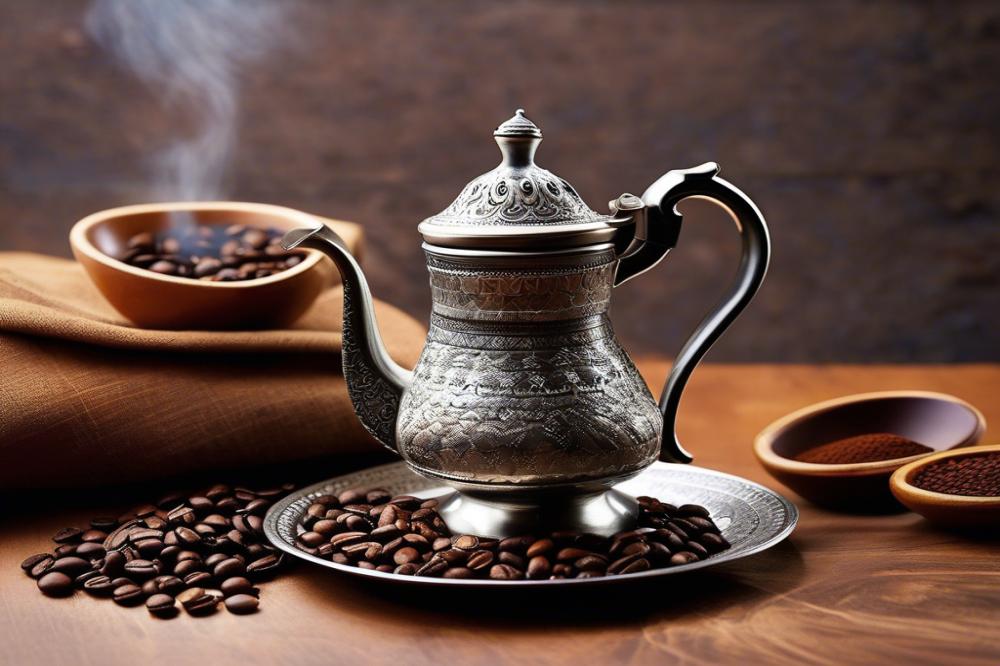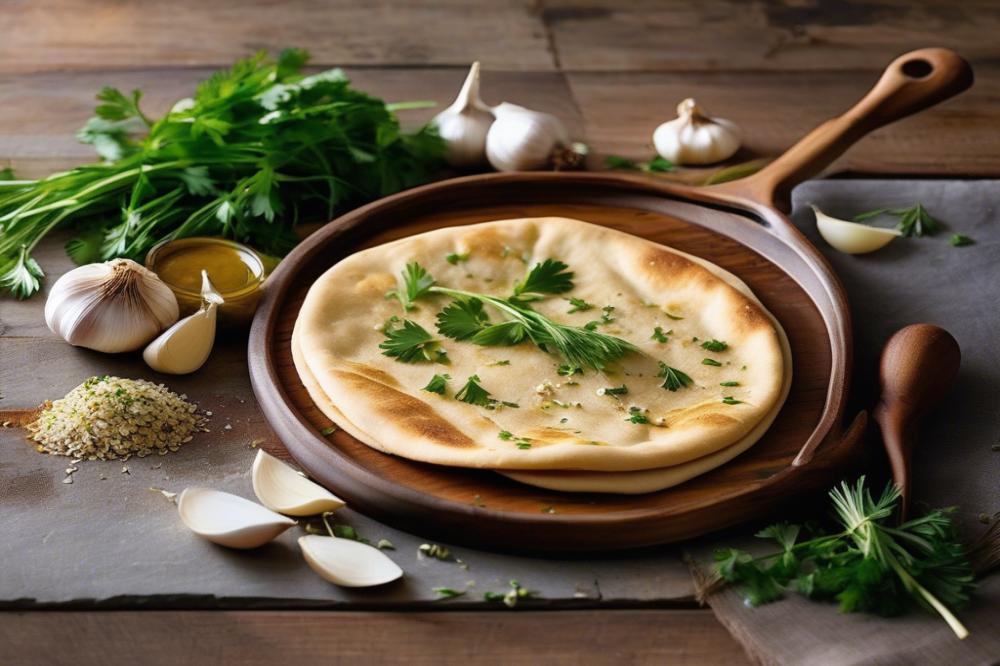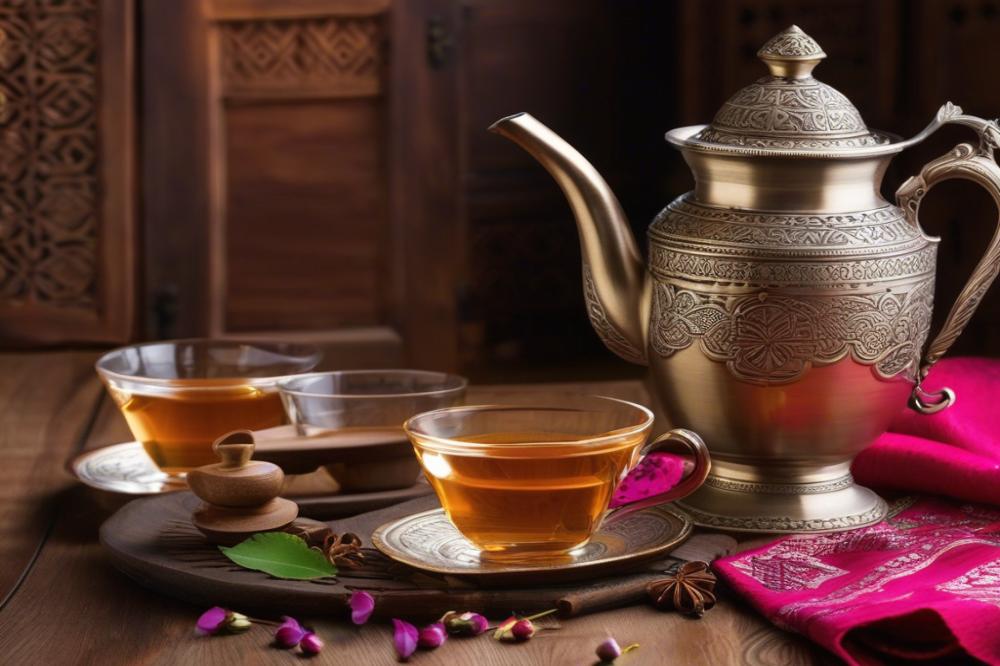Introduction
Coffee holds a special place in Lebanese culture and the broader Middle Eastern coffee traditions. It is not merely a beverage; it is a symbol of hospitality and connection among friends and family. When you enter a Lebanese home, the inviting aroma of brewing coffee often greets you. The people take pride in their coffee preparation, handcrafting each cup with care. This practice brings individuals together, fostering conversations and sharing moments.
Central to this experience is a traditional recipe that often includes cardamom. This spice adds a unique flavor that distinguishes it from other types of coffee. cardamom coffee is not just a drink but a ritual that reflects the deep-rooted coffee culture of the region. Spices like cardamom have been cherished for centuries, adding warmth and character to Arabic coffee. The careful blending of cardamom with finely ground coffee beans results in an aromatic beverage rich in flavor.
In Lebanon, coffee is considered an art. Mastering the brewing techniques takes time and practice. Family recipes for Middle Eastern coffee may vary from one household to another, with each family bringing its touch. Despite these variations, the essence of the drink remains the same. It encapsulates a blend of cultural influences that have shaped Lebanese cuisine over the years. Enjoying coffee is not just about taste; it is about connection, history, and tradition.
Lebanese coffee

Lebanese coffee is more than just a drink; it is a part of the culture. This type of coffee is made using finely ground coffee beans, often flavored with cardamom. The blend of spices creates a warm and inviting aroma. Typically, the coffee is served in small cups, similar to Turkish coffee. Often, it has a strong flavor that can be surprising to those unfamiliar with it.
Differences arise when comparing Lebanese coffee to other types like espresso or drip coffee. For instance, Middle Eastern coffee tends to be less bitter and is often sweeter. While espresso is made quickly with high pressure, Lebanese coffee requires patience and special brewing techniques. The preparation often involves simmering the coffee and spices together, unlike the more straightforward methods of brewing found elsewhere.
Brewing techniques play a vital role in the coffee preparation process. It is not simply about adding hot water to coffee grounds. Precision is key, as well as the right type of pot, typically known as a “ibrik” or “jezve.” The heat must be controlled carefully to allow the flavors to blend fully. The right amount of cardamom can elevate the beverage into something truly special. Misjudging these details can lead to a disappointing cup.
Integration of spices within the preparation method highlights the connection between coffee and Lebanese cuisine. Spices such as cardamom add depth and richness. These aromatic beverages are popular in gatherings, often served alongside sweets. The experience of enjoying this coffee is communal, bringing people together, creating a warm and hospitable atmosphere.
In summary, Lebanese coffee stands apart from other varieties. Its connection to tradition and culture makes it unique. Through careful brewing and attention to spices, a rich experience is created. This beloved drink is a staple of daily life in Lebanon, deeply woven into the fabric of coffee culture.
Ingredients and Method

Ingredients List with Precise Quantities:
- 1 cup of finely ground Arabic coffee (about 100 grams)
- 1 teaspoon of ground cardamom (about 2 grams)
- 3 cups of water (750 ml)
- Sugar to taste (optional)
Method:
- Begin by boiling the water in a traditional coffee pot, often referred to as a cezve or briki.
- After the water reaches a rolling boil, add the finely ground Arabic coffee and stir gently to combine.
- Next, sprinkle the fresh ground cardamom over the coffee mixture and give it another light stir.
- Allow this blend to simmer slowly. Monitor it carefully to prevent boiling over.
- Once the robust aroma fills the room, remove the pot from heat and let it settle for a few minutes.
- Pour the coffee slowly into small cups. This careful approach helps the grounds stay at the bottom.
- Serve it with sugar if desired. Enjoy the delightful taste of this traditional recipe, a staple of Middle Eastern coffee culture.
Nutritional Information about the Ingredients:
Arabic coffee is known for being low in calories. It contains caffeine, which can boost energy, and is rich in antioxidants. Cardamom, another key ingredient, is also low in calories. This spice brings numerous health benefits, including anti-inflammatory properties and high antioxidant content.
Such aromatic beverages are a part of daily life in Lebanese cuisine. Brewing techniques often vary by region but are always rooted in tradition. The unique blend of spices makes this cardamom coffee not just a drink but an experience.
Cultural Significance

In Lebanon, coffee plays a vital role in daily life and social gatherings. When visitors arrive, offering coffee is a common gesture of hospitality. This aromatic drink goes beyond mere refreshment; it symbolizes friendship and respect. During family gatherings, it is often the centerpiece. Sharing a cup encourages conversation and connection among friends and family.
The traditional recipe for Lebanese coffee embraces unique brewing techniques. It uses finely ground coffee beans infused with cardamom. This blend of spices elevates the flavor, creating an unforgettable experience. Preparation involves boiling water and the coffee together gently. This process is intentional and draws out rich aromas. Additionally, the careful pour into small cups invites everyone to savor their beverage.
In Middle Eastern culture, coffee has deep roots that date back centuries. Arabic coffee culture celebrates the act of brewing and serving. Traditionally, hosts prepare the coffee with great care. The coffee must be aromatic, and its flavor should complement the spices. Friends and family often gather around a table, sharing stories while sipping their coffee. This creates a warm atmosphere that fosters bonding.
Hospitality rituals include serving coffee multiple times during an event. Pouring a second cup signifies a welcoming spirit. Guests appreciate this gesture, feeling valued and included. Each cup shared strengthens social ties. The act becomes a cherished moment in Lebanese cuisine, connecting generations through time-honored practices.
Brewing techniques also vary by region, giving each area its distinct flavor profile. Some prefer a stronger brew, while others favor a milder taste. Despite these differences, the warmth of the coffee remains constant. With its rich flavor and delightful fragrances, cardamom coffee stands as a beloved choice among aromatic beverages. This unique tradition continues to thrive, bringing people together through generations.
Brewing Techniques

Exploring the art of making Lebanese coffee reveals its deep ties to culture. Various brewing techniques play a crucial role in this process. Using finely ground coffee beans is essential. A smooth texture allows for the best extraction of flavors. Water temperature also matters significantly. Too hot, and you risk burning the coffee. Too cold, and the coffee will lack richness.
In many Middle Eastern homes, carafes are used to prepare this invigorating drink. These vessels allow for even heating, which is key for perfect coffee preparation. The traditional recipe often calls for cardamom and other spices, enhancing the coffee’s aroma. This inclusion makes the beverage remarkably distinctive compared to simpler brews elsewhere.
Each region in the Middle East has its methods. For instance, Turkish coffee is often brewed in a cezve, while Arabic coffee relies on larger pots. Differences in preparation techniques highlight the diversity in coffee culture. In some areas, coffee might be boiled multiple times, while others may insist on a single brew. These variations can significantly affect taste and fragrance.
Brewing techniques vary from household to household, influenced by personal preferences. Familiarity with the right grind size and water temperature can elevate the entire experience. Patience in the process leads to an enjoyable cup. Many enjoy sipping their coffee during long conversations, making it a social ritual. This tradition of hospitality is central to Lebanese cuisine and the broader Middle Eastern context.
Aromatic beverages like this often serve more than just caffeine needs. They create connections between people. Friends and family gather around the coffee pot, discussing life and sharing stories. This makes the act of brewing coffee much more than just a routine. It’s a moment of bonding and celebration, steeped in history and flavor.
Spices and Aromatics
The foundation of Lebanese coffee is not limited to cardamom alone. Various spices play a crucial role in the overall flavor profile of this beloved beverage. One popular addition is cloves, known for their warm and slightly sweet flavor. These little buds bring depth, balancing the rich taste of the coffee beans. Another common spice is cinnamon, which adds a gentle warmth and aromatic sweetness.
Some prefer to include nutmeg, offering a fragrant hint that tingles the senses. Saffron, though more expensive, infuses the drink with a distinctive taste and a touch of luxury. Each of these spices contributes to a rich tapestry of flavors, enhancing the coffee experience.
Exploring these spices reveals their historical significance as well. Many ingredients have roots in ancient trade routes, showing the cultural exchange that shaped Lebanese and Middle Eastern cuisine. The use of such spices in coffee preparation is a testament to the region’s culinary heritage. Dating back centuries, these flavors became intertwined with social gatherings and rituals.
Aromatic beverages like Lebanese coffee are often enjoyed during special occasions. In cafés and homes alike, spices blend with coffee to create unique brews. These spices symbolize hospitality and warmth, making every cup feel special. As coffee culture continues to evolve, the traditional recipe still holds a cherished place in the hearts of many.
Brewing techniques can vary but the essence remains the same. Properly grinding the coffee beans to a fine texture complements the aromatic spices. This process ensures that each sip bursts with flavor, transporting drinkers to regions rich in history. With every cup served, the aromatic notes carry stories from the kitchens of the past into the present.
Celebrating the Tradition of Lebanese Cardamom Coffee
Lebanese cardamom coffee is more than just a drink; it is a part of a rich cultural heritage. This traditional recipe embodies the hospitality and warmth of Lebanon. The process of preparing the coffee shows care and attention, celebrating the flavors of cardamom and coffee beans. Every cup prepared tells a story, resonating with the essence of shared moments and conversations among friends and family.
When you take the time to brew this aromatic beverage, you invite a slice of Lebanese life into your home. The unique blend of spices makes each sip a delightful experience. Cardamom’s fragrant notes paired with dark coffee create an unforgettable taste. Guests will feel welcomed and cherished, embodying the heartwarming spirit of Middle Eastern coffee culture.
Feel encouraged to explore this recipe with an open mind. Variations abound, whether you prefer a sweeter touch with sugar or adding different spices like cinnamon or clove. Each tweak showcases your personality while staying true to the original essence. As you create your own version, consider sharing your experiences with family and friends. Engaging with others allows the tradition to live on, connecting people through shared culinary experiences.
In essence, preparing Lebanese coffee is about more than just the steps followed; it’s about connecting with a vibrant culture. Enjoy every moment, from selecting the coffee beans to savoring that final cup. This journey not only fills your cup but also enriches your understanding of a beautiful culture. So gather your ingredients and embark on this flavorful adventure, celebrating each cup as a connection to Lebanon’s rich heritage.



